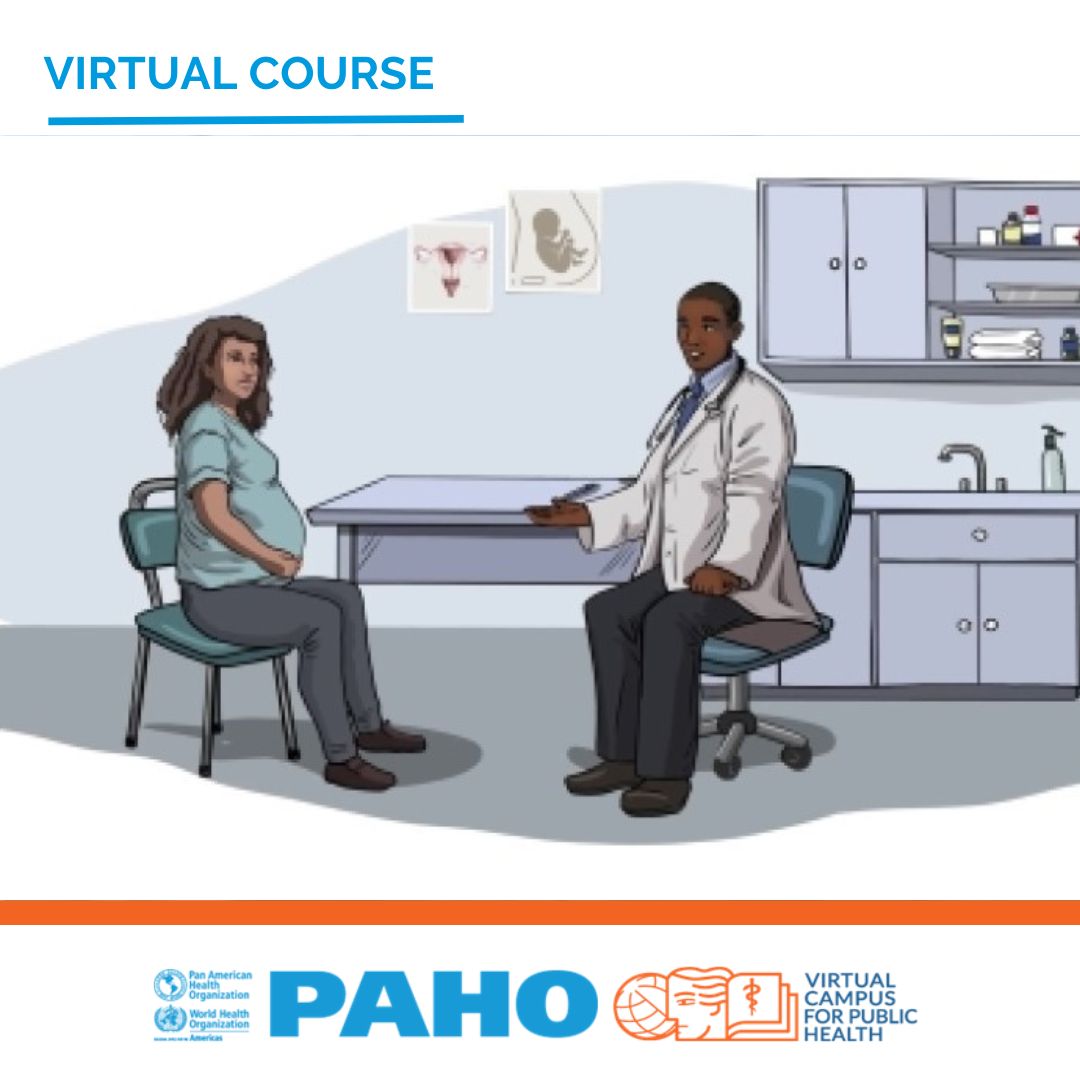
Background
The elimination of mother-to-child transmission of HIV and syphilis in the Americas gained significant political momentum in 2010 when the PAHO Member States approved the Strategy and Plan of Action for the Elimination of Mother-to-Child Transmission of HIV and Congenital Syphilis. More recently, Member States approved the Plan of Action for the Prevention and Control of HIV and STI 2016-2021(2), renewing the commitment for the elimination of mother-to-child transmission (EMTCT) of HIV and syphilis and encouraging the expansion of elimination to other diseases, such as hepatitis B and Chagas disease. With the approval of the Plan of Action, PAHO Member States not only renewed their commitment to the elimination of MTCT of HIV and syphilis, but also agreed to expand this initiative to other diseases.
Learning Objectives
- Define syphilis and describe the different stages/types (primary, secondary, latent, congenital).
- Analyze the different screening and treatment methods and their efficacy.
- Discuss congenital syphilis’ clinical signs, how to diagnose, the importance of treatment and follow up.
- Address Penicillin Desensitization in Pregnant Women with Penicillin Allergy.
- Recognize the importance of treating partners.
- Apply the theory to make decisions in scenario-based activities to avoid mother-to-child transmission of syphilis.
Target Audience
Professionals and volunteers from NGOs, community-based programs, hospitals, healthcare facilities and others who can benefit from a better understanding of the screening methods, available treatments and how to avoid mother-to-child transmission of syphilis.
Workload and dedication
The course is open and available at the PAHO/WHO Virtual Campus of Public Health. It is a self- learning course, therefore, participants can regulate their time of dedication to it. Each module has a duration of 30-45 minutes. An estimated 120 to 150 minutes will be required for detailed reading, review and comprehension of each module. Total dedication: 12 hours.
Training program structure
- Introductory Clip
- Module 1: Syphilis
- Module 2: Congenital Syphilis
- Module 3: Partners and Penicillin Desensitization in Pregnant Women with Penicillin Allergy
- Case Study 1
- Case Study 2
- Case Study 3
Assessment and Certificate
At the end of the course, participants must demonstrate adequate knowledge by completing a final assessment consisting of 30 multiple choice questions.
A minimum of 70% of correct answers is required to pass and obtain a certificate of completion. The final test is designed to offer participants multiple opportunities to respond correctly until they get the necessary score of at least 70%.
To obtain the certificate of completion, the participant must meet the following requirements:
- Demonstrate knowledge of the content of the 8 modules.
- Successfully respond to the questions and exercises in the modules.
- Achieve a 70% or higher score at the final test.
Participants who meet these requirements and complete the quality survey of the Virtual Campus of Public Health (VCPH) will be able to download their certificate of completion issued by the Pan American Health Organization (PAHO).

